Vet professionals, like many new parents re-entering work after going on parental leave, often turn back to the workforce with new goals in mind.
Some have a new appreciation for a life balanced between career and family, while others, facing the reality of feeding, clothing and educating a child for at least the next 18 years, need a financial step up and fast.
Even still, some trepidation is common when coming back. Leaving your children with someone else while you work is stressful! And your life has changed fundamentally in an exciting yet often daunting way. You may find that your career doesn’t occupy quite as much space in your inner landscape now that you have a family–and that’s okay. But chances are you don’t want parenthood to completely subsume your identity either.
Being a working parent, especially in an emotionally demanding career like veterinary science, is a delicate exercise in both ruthless practicality and unconditional self-love. Here are some tips for making it work:
Get ready to switch on “vet mode” after months or years of exclusively “mum/dad mode”
Believe it or not, your professional expertise is still there–you just haven’t been using it. Take some time to revisit key parts of your education, and consider enrolling in an online professional development program for vets–some exist which are specifically aimed at vet professionals returning after leave.
Make sure you leave plenty of time to take care of practicalities like arranging childcare, reactivating necessary registrations and licenses, and making arrangements to pump and store milk at work if you’re breastfeeding. The more thoroughly you have the nitty gritty details nailed down, the more you can relax.
Give yourself space to think
Many working parents want to be both the ideal parent and the ideal professional–which leads to guilt, because it’s impossible. You will have to let others you trust step in to help care for your child sometimes. You will have to be less available to your patients and colleagues and deal with more absences.
In light of this, it’s important to make quiet time for yourself–somehow!–and really consider what your priorities are in both areas of your life. What are your long-term career goals? What milestones and special times with your family will be deathbed regrets if you’re not there because of work?
This is heavy stuff, and many newly minted working parents feel a dip in their mental clarity and emotional stability. Remember that no one can do this alone. Turn to others for support–and don’t beat yourself up if you find your own standards hard to live up to. Focus your real energy on your main priorities. Everywhere else, your best will just have to do–even if it doesn’t look like your pre-baby best.
Give your kids space to adjust
Returning to the office is stressful enough for you without Monday morning tantrums from equally stressed preschoolers. As soon as you know for sure you’ll be returning to the clinic, start the process of shifting the daily routine. Depending on your kids’ ages, that might mean earlier mealtimes, later naptimes, or even stepping up the toilet training process.
It’s also important to get them comfortable with any nannies, babysitters or daycare facilities that will be involved. If at all possible, schedule short visits to help them get used to the people they’ll be spending the days with before the first all-day event.
Younger babies might need time to gradually get used to bottles instead of breastfeeding, and older ones might need time to get used to being fed on a different schedule. Again, it helps to start thinking about this as soon as you know you’ll be heading back to work–rushing can be rough for everyone involved.
Keep the lines of discussion open with your employer
If you’re on parental leave, keep up a dialogue with your workplace about how they can help you be successful once you return. If you’re interviewing for new roles, ask about their carers’ leave policies and what the shift flexibility is like so you can consider your options as you choose between offers.
In addition to carers’ leave and sick leave, a conscientious employer should provide you with the opportunity for administrative time and should allow you time and a space to pump if you’re breastfeeding–read up on local and company policies and be firm about your rights if anybody tries to pressure you out of taking time you’re entitled to.
Some people find that a return to full-time clinic work is too much logistically, but telemedicine and mobile vet work give them the perfect balance. Communicate with your employer, but also stay in touch with yourself. If you’re overwhelmed, instead of blaming yourself, ask “What can I change to make it easier?”
You can do this. Being a parent and being a vet both demand a lot from you–but both are hugely rewarding and enrich your life in countless ways. With realism, self-forgiveness, and patience, you can give both your patients and your kids the care and love that can only come from you.








